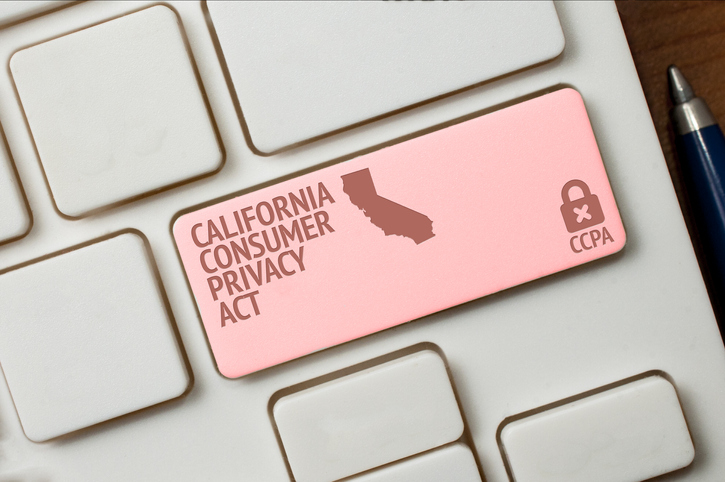
Data Breach Lawsuit Raises Specter of the CCPA
It was only a matter of time, but we now have our first
lawsuit that references California’s new consumer data protection act, the
California Consumer Privacy Act (CCPA), which went into effect on Jan. 1, 2020.
The CCPA permits each consumer that can establish a violation of certain
provisions of the CCPA to seek damages of up to $750, or actual damages,
whichever is greater. As the CCPA hangs over businesses like a Sword of
Damocles, it remains to be seen whether it will have…
Continue Reading


